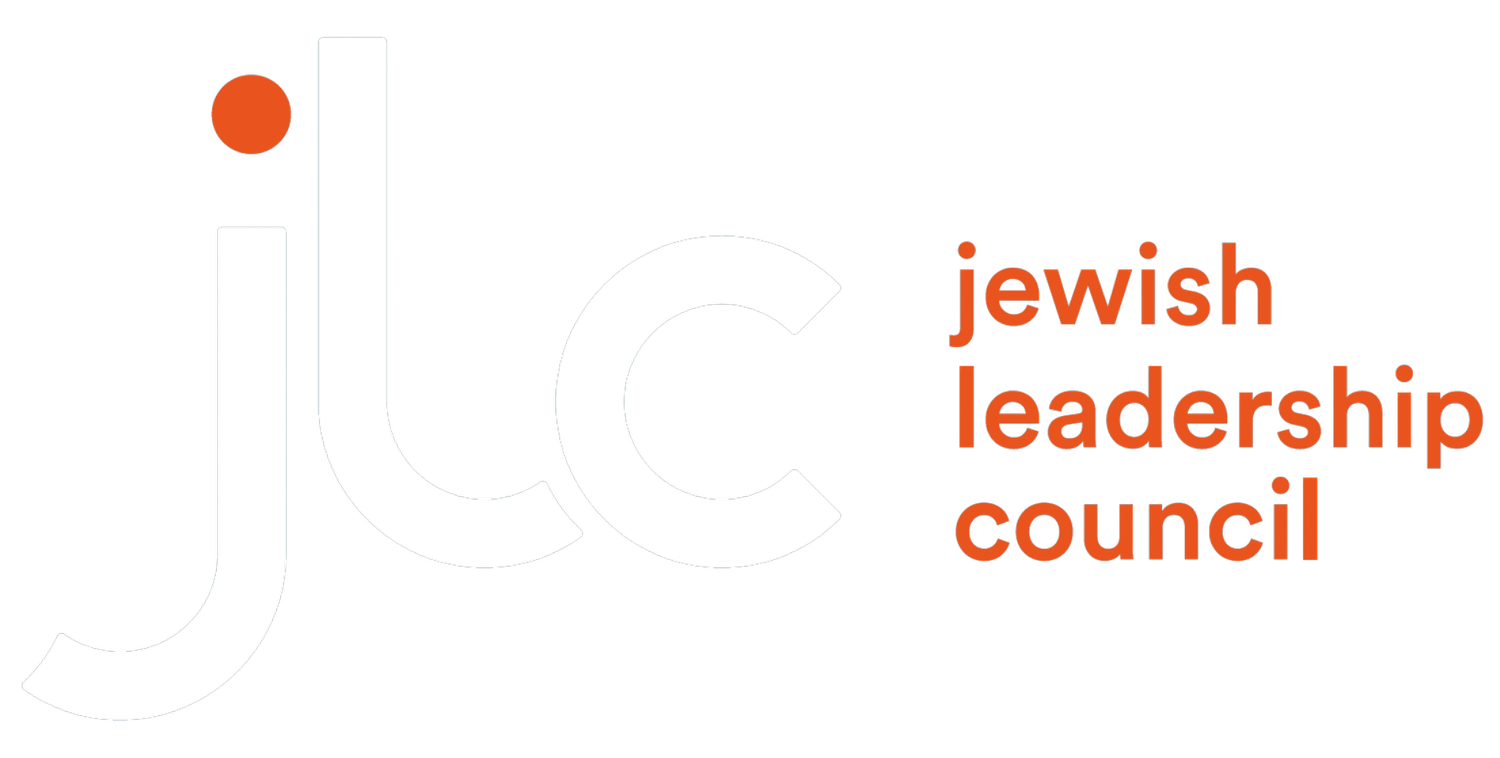Local Elections
Change in leadership of London’s boroughs has sparked a new drive for engagement with Jewish community | Daniel Kosky, Director of the London Jewish Forum
At May’s local elections, six of London’s borough’s changed hands. Some of these changes in political control were expected, others not so much. But notably, three boroughs which did change hands have large Jewish communities. Those with a keen eye on local government may be asking what this means for the Jewish community.
Barnet has the largest Jewish community of any local authority in the UK. As of the 2011 census, Barnet’s Jewish community stood at over 50,000. In May, Labour won control of the borough, ending decades of Conservative rule.
It has become clear through our engagement with the Council since May that much of the new leadership have already had close links with Jewish communal organisations and local communities for years. Sara Conway, the Council’s new lead on communities, is Jewish, and has been actively involved in organisations like the Jewish Volunteering Network. And when I accompanied Mayor of Barnet Alison Moore at the Maccabi Fun Run’s charity fair, I was astounded by how many communal organisations she already had links with. All of this bodes well for the community, especially when so many of our communal organisations rely on a close relationship with Barnet Council.
For his part, the Council’s new Leader, Barry Rawlings, expressed his commitment to support the Jewish community at a recent roundtable with communal leaders organised by London Jewish Forum. He has already agreed to sit down with social care organisations in the community like Jewish Care and Kisharon to discuss how the Council can support with the ever-increasing cost of care; and he will be visiting CST in the coming months to discuss how the Council can work closer with the communal body to tackle Jew-hate.
Over in Harrow, the Conservatives won control of the Council in May, unseating a Labour administration which had been in power since 2014. It’s a borough which has a Jewish population of around 10,000, and now has a Jewish Deputy Leader of the Council in Marilyn Ashton. She is also joined on the Council’s Cabinet by Stephen Greek, a Jewish councillor for Harrow Weald.
Much of the new administration’s election success has been put down to winning support from Hindu and Jewish voters. While in opposition, the Harrow Conservatives tabled numerous motions to full council on the issue of antisemitism, whilst the local constituency Labour Party in Harrow East alienated much of the community by its decision to affiliate to the pro-Jeremy Corbyn group Jewish Voice for Labour. Since taking control of the Council, the new administration has said it would do all it can to support local synagogues, including potentially easing parking restrictions near progressive synagogues on the Jewish High Holy Days, something the previous administration were unwilling to do.
Westminster has a Jewish population of over 7,000 Jews and is home to many iconic synagogues. In May, Labour won control of the city for the first time ever. The Jewish community had a good relationship with Westminster City Council’s previous Leader Rachael Robathan, and its new Leader Adam Hug was quick to make the point that he would do his utmost to build on that in a recent roundtable with local Jewish community leaders.
The main challenge that has faced the local Jewish community in recent years has been large anti-Israel protests which have taken place in the city, often close to synagogues during Shabbat. The new administration has pledged to work closely with CST around these and discuss what steps could be taken to mitigate risks to local Jewish communities.
Barnet, Harrow, and Westminster councils are all key stakeholders for London’s Jewish community. Any change in leadership understandably creates some uncertainty. But from the engagement London Jewish Forum have had with all three local authorities since May, the change in leadership has sparked a new drive to engage and support the community.





